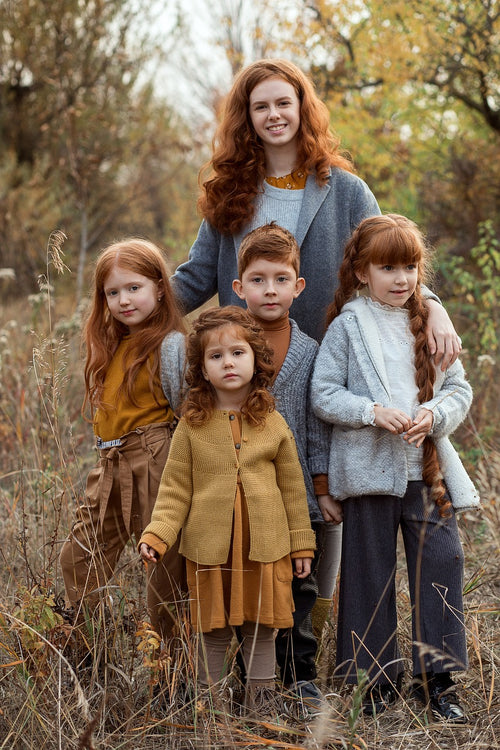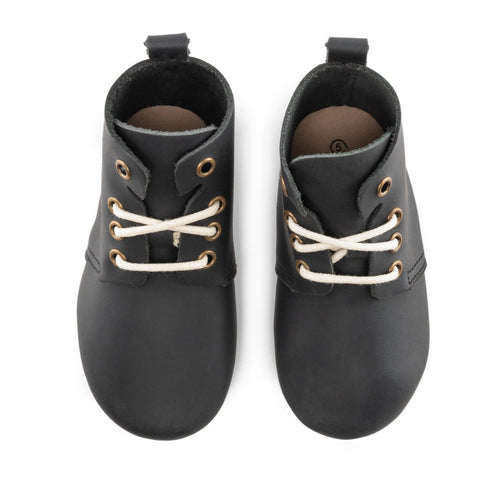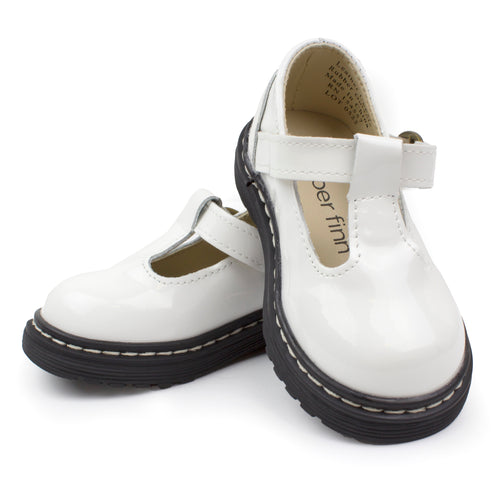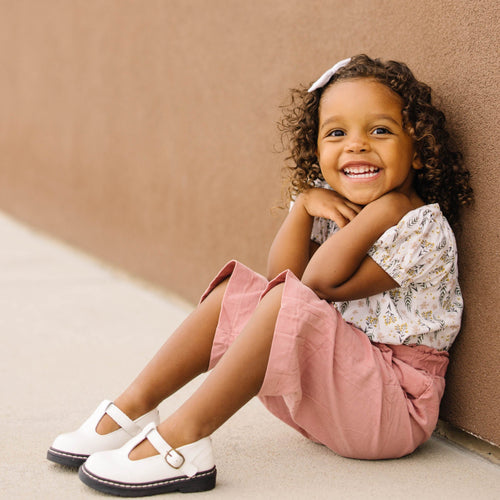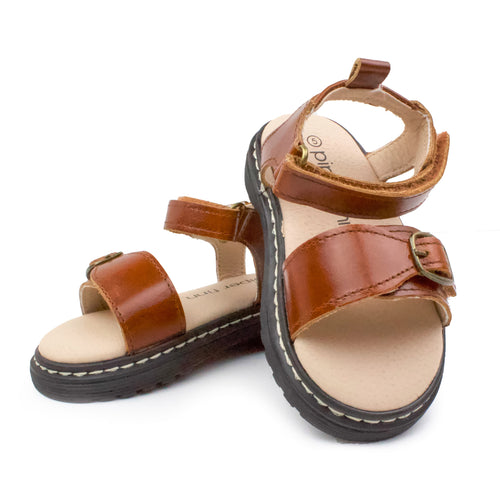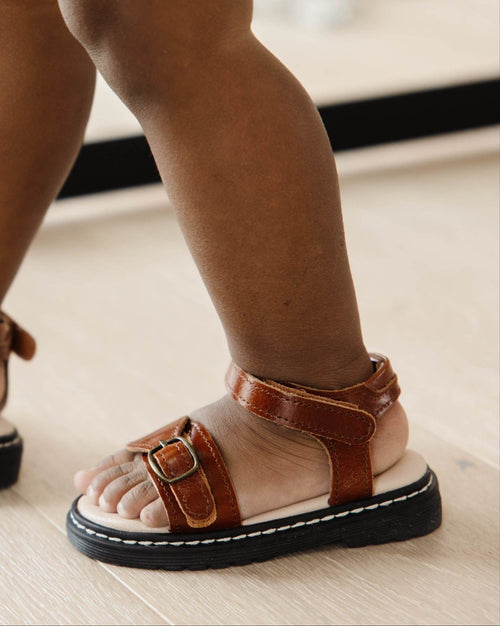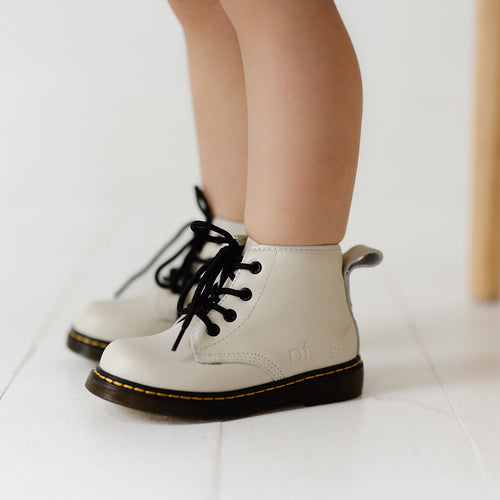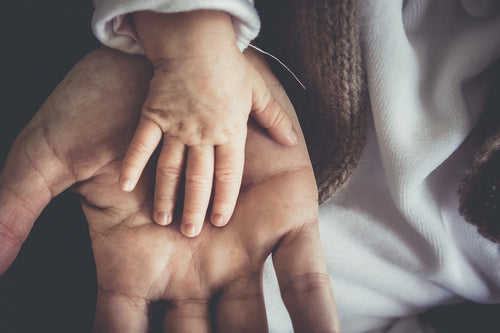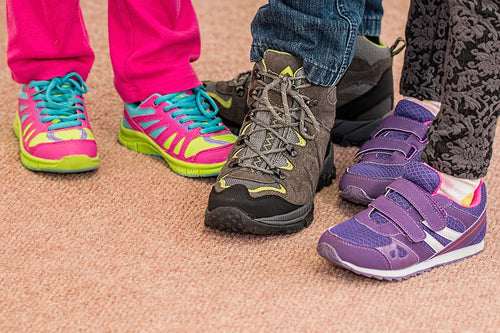When parenting or co parenting, you may wonder why your children behave differently from one another; after all, they've had the same upbringing and home environment, and yet they're so different from each other. So what's the deal? Naturally, we don't want our kids to be carbon copies of each other, but sometimes, the differences between our kids can leave us scratching our heads in confusion. For example, in the case of siblings where one child is more outgoing, and the other is more reserved. What causes that? And why are some kids natural leaders while others prefer to follow? Is it something to do with our positive parenting strategy, or does it go deeper than that?
In true Piper Finn style, we did some digging and discovered a lot to suggest that a child's position in the family can profoundly impact their personality and behavior. Let's take a peek at how it all works.
Birth Order Vs Personality
First Borns
Firstborns are often seen as natural leaders who are responsible, ambitious, and rule-following. They tend to be perfectionists, striving to please their parents and excel in academics and extracurricular activities. This drive for success can sometimes manifest as anxiety or stress, and firstborns may struggle with self-doubt and fear of failure. However, they are also more likely to take on caretaker roles from helping to tie their younger siblings' laced shoes to looking out for them at school and generally being reliable.
Middle Kids
Middle children are often the peacemakers of the family. They are usually more laid back and easy-going than their older and younger siblings and may be more comfortable in social situations. Sadly, middle children may sometimes feel neglected or overlooked, leading them to crave attention and validation. Yes, folks, middle-child syndrome does exist! As a result, middle kids are often more creative and innovative, having to find unique ways to stand out in a crowded family dynamic.
Last Born / Youngest
Youngest children are often seen as the life of the party. They tend to be more outgoing and spontaneous than their older siblings and thrive on attention and affection. However, the youngest child may struggle with a lack of independence and a sense of identity, as their role often defines them as the "baby" of the family. They can also be more rebellious, pushing boundaries and testing limits to assert independence.
The Only Child
Only children, while not technically a birth order position, are also worth mentioning. Only children tend to be very independent, mature, and self-sufficient. They may struggle with social skills and sharing, having never had to compete for attention or resources with siblings. Only children are often more comfortable with adults and may excel in academics or extracurricular activities where they can showcase their individual talents.
Last Thoughts
Birth order is just one of many factors that can influence a child's personality and behavior. Acknowledging its impact can help us understand ourselves and our children and helping us to create a more supportive, positive parenting environment and family dynamic that allows each of our children to thrive and succeed.
Image by Лилия Арсланова from Pixabay

